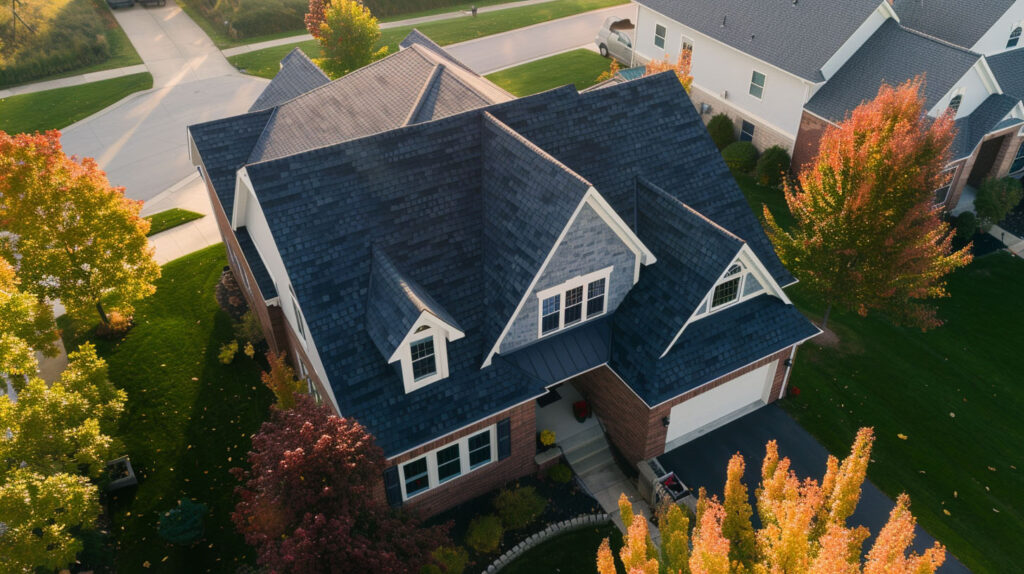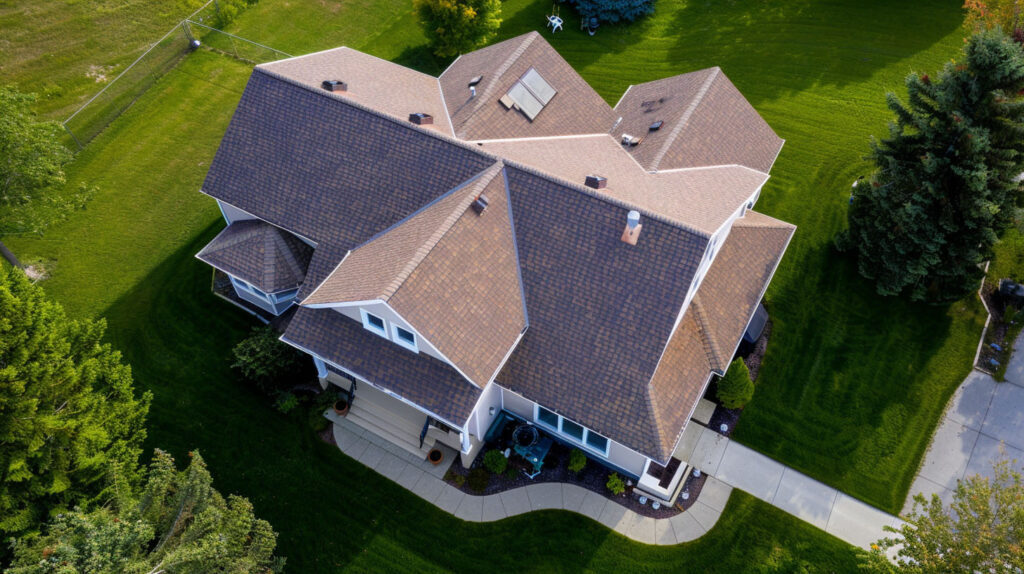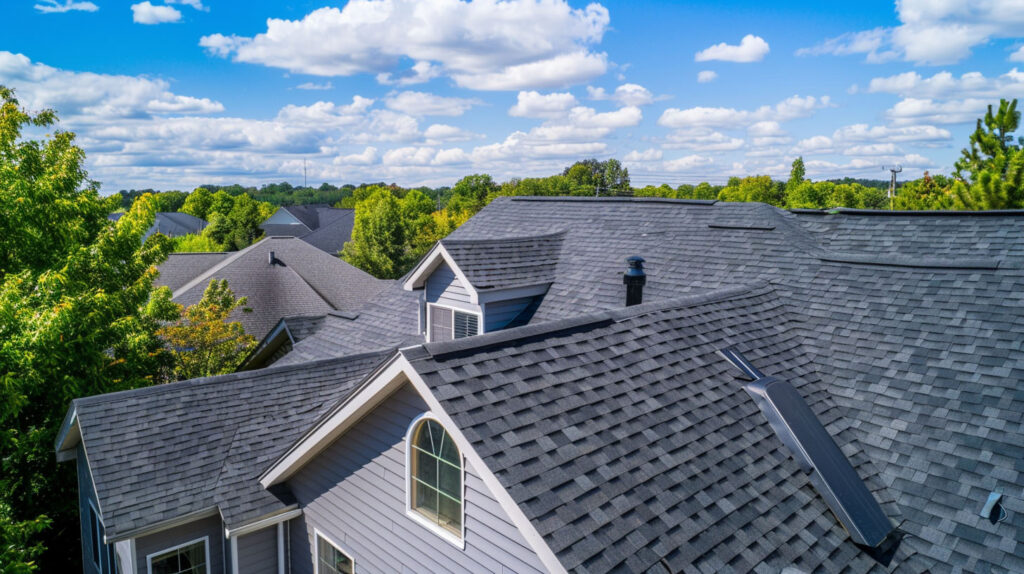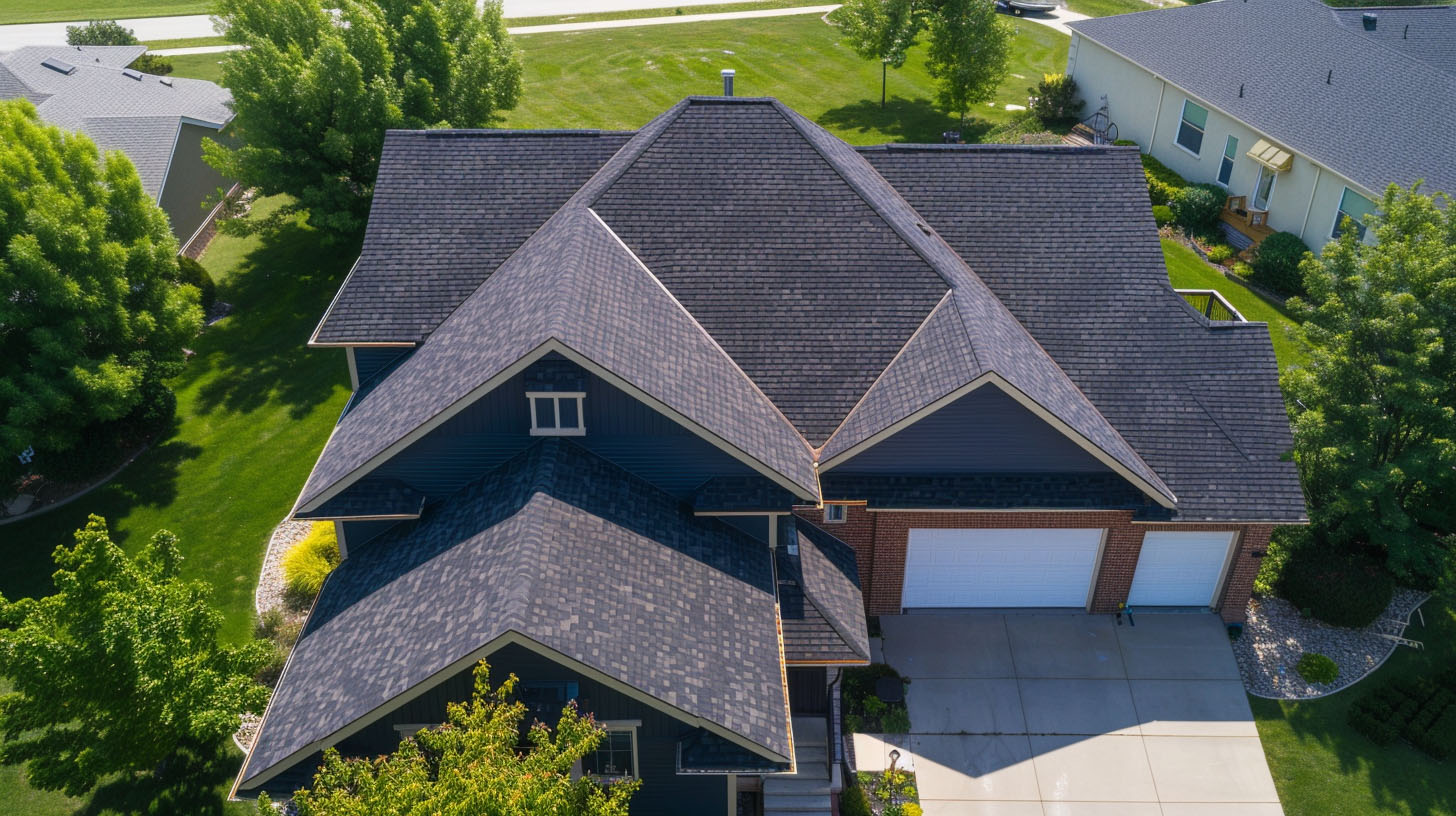How to Budget for a Roof Replacement
Changing your old roof is a major home improvement project that demands careful planning. Whether you’re contemplating the cost of a new roof or the durability of your chosen roofing material, understanding what goes into it can save stress and money. At Specialist Roofing & Repair we’re here to simplify the process for you. A roof replacement isn’t just a cost; it’s a significant investment in your home’s protection and value. Let’s help you create a realistic budget for your new roof in Long Beach, CA.
Understanding the Costs of Roof Replacement
Planning for a replacement can feel overwhelming, especially when you don’t know what factors impact the cost of a roof. A careful approach to understanding replacement costs can mean the difference between staying on budget and unexpected overspending. From labor to roofing contractor fees, pricing can vary.
In Long Beach, CA, the price for replacing your roof depends on multiple elements, such as your roof size, choice of roofing material, and the complexity of the project. Let’s explore these details further.
Average Roof Replacement Costs in Long Beach, CA
The overall cost of a roof replacement in Long Beach, CA, typically ranges between $7,000 and $15,000, depending on various factors such as the size of your roof, type of roofing material like an asphalt shingle roof, and labor costs. Asphalt shingles remain a popular choice due to their cost-effectiveness, while premium options like tile or slate can significantly increase your budget. Engaging with a reputable roofing contractor will provide you with accurate roof replacement quotes tailored to your specific needs and the complexity of your project.
Factors That Affect Roof Replacement Pricing
Several key factors and additional factors impact the overall pricing of a roof replacement project. The type of roofing material selected, whether it’s asphalt shingles or premium brands like Owens Corning, can significantly influence costs. Additionally, the size, pitch, and architectural complexity of the roof play a crucial role in determining labor and material expenses. Structural repairs stemming from moisture or storm damage may further increase the total cost, necessitating careful consideration and consultation with a reputable roofing contractor to ensure quality workmanship.

Assessing Your Roofing Needs
Updating your roof isn’t just about appearance. Fixing moisture damage, securing loose shingles, or addressing storm damage adds value to your home. Unsure about what your needs? Learning to identify issues upfront helps you avoid escalating replacement costs.
Signs It’s Time to Replace Your Roof
A sagging roof or visible daylight through the boards indicates structural damage that requires immediate attention. Shingles curling, missing, or exhibiting significant wear and tear may signal that the roof’s lifespan has been exceeded. Frequent leaks and water stains on ceilings are also telltale signs, often demonstrating moisture damage. If more than 25% of your roof shows signs of deterioration, consulting a professional roofing contractor becomes essential to explore potential replacement options and ensure the integrity of your home.
Choosing Between Repair and Full Replacement
Should you opt for repair or full replacement? It boils down to your roof’s condition.
If the damage is small, patching up shingles may restore functionality. However, aging roofs or major structural repairs could require a complete overhaul. Repairs are ideal for stable cases, whereas larger issues make full replacement a good idea.
Consulting your roofing contractor ensures the smartest decision based on time and resources. Knowing the key elements in evaluating costs also aids you in budgeting.
Key Elements in Roof Replacement Estimates
Piecing together replacement quotes can feel complicated. Two major contributors to your quote include labor costs and roofing material options.
Reputable roofing contractors offer transparent pricing to help you understand the cost of your replacement. Whether you’re a homeowner balancing exact estimates or exploring add-ons for better quality, pinpointing these specifics is vital. Let’s break down material prices first.
Material Options and Their Price Ranges
Material choice significantly influences roofing material costs:
- Asphalt shingles: Affordable, $3.50-$5.50/sq.ft.
- Metal roofing: Durable yet pricier, $6-$12/sq.ft.
- Tile roofs: Long-lasting, $8-$20/sq.ft.
- Slate roofing: Luxury choice, $15-$30/sq.ft.
These prices vary regionally and depend on the type of roofing material selected. Each offers distinct benefits like lifespan or external aesthetics. Partner with Specialist Roofing & Repair for guidance in choosing the best fit. Next, think about labor fees.

Labor Costs and Contractor Fees
Labor comprises 40-60% of replacement costs. A reliable roofing contractor ensures proper installation and quality workmanship.
Prices depend on contractor years of experience and premium services offered for complicated designs. Working with local experts who understand regional housing codes enhances safety. While fees vary, prioritizing skill ensures value for every dollar spent. Moving forward, let’s look at physical specifications influencing budgets.
How Roof Size and Design Impact Your Budget
Roof dimensions directly affect pricing in terms of square footage, roof size, and layout. Features such as steep roof pitch or intricate designs introduce extra challenges.
Understanding your specific size of your roof avoids misestimations. Professional roofing companies measure accurate roof specifications to predict costs better. Next, we’ll dive deeper into calculating areas and designs.
Calculating Roof Area and Pitch
Knowing your roof size is crucial. Roofing professionals measure dimensions in square feet.
Standard formulas account for roof angles, steep inclines, or flat architectural layouts to compute square footage accurately. For example, installing dormers increases complexity, so measurements become valuable tools in preventing under-budgeting. Keep calculations handy to minimise risks as projects begin.
The Effect of Architectural Complexity on Costs
Complex projects bring higher costs. Architectural shingles, valleys, dormers, and skylights challenge streamlined workmanship. Sophisticated architectural roofing may cost more than flat setups.
Smart planning using roofing experts ensures cost-effective designs without giving oversized estimates. Specialist Roofing & Repair offers efficient services across Long Beach, CA, assisting clients maximising budgets tailored to intricate plans. With materials being a critical factor, let’s assess their efficiency now.
Comparing Roofing Materials for Cost Efficiency
Choosing different roofing materials starts with recognising features and pricing differences. Affordable asphalt shingles save upfront expenses, while premium type roofing materials guarantee ultimate durability.
A cost-efficient replacement quote balances quality and price for any type of roofing material. Evaluating brands also secures better offers locally—let’s compare two examples next.

Asphalt Shingles vs. Premium Brands
Selecting the appropriate roofing material is essential for ensuring long-lasting protection and aesthetic appeal. Asphalt shingles offer a cost-effective solution, making them a popular choice for many homeowners. However, premium brands like Owens Corning, GAF, and CertainTeed provide advanced features such as greater durability and enhanced warranties, which can justify their higher cost. Balancing these options—considering factors such as the size of your roof and potential storm damage—ensures you make an informed decision that aligns with your budget and quality expectations.
Benefits and Costs of Polyglass and ASC Roofing Products
A significant investment in roofing materials can greatly enhance your home’s value and longevity. Polyglass roofing products offer excellent moisture resistance and reflectivity, making them energy-efficient choices that can potentially lower your utility bills. ASC roofing products, known for durability and weather resistance, can endure harsh conditions, providing excellent structural protection. However, both types may feature higher upfront costs compared to asphalt shingles. Evaluating these products against the overall cost of a replacement will help you make an informed decision for your home improvement project.
Get in Touch
A well-planned budget for roof replacement is essential to ensure quality workmanship and avoid unexpected expenses. By considering key factors such as the size of your roof, type of roofing material, and labor costs, you can create a realistic budget tailored to your needs. Collaborating with a reputable roofing contractor will provide insight into replacement costs and potential financing options. Ultimately, making informed decisions about your roofing project will lead to a satisfactory outcome, protecting your home for years to come.
Frequently Asked Questions
How do people afford to replace their roofs?
Many homeowners finance replacements through savings, loans, or home equity lines. Some opt for payment plans offered by contractors, while others may use insurance claims if the damage is covered. Additionally, budgeting and planning ahead can ease the financial burden of this essential home improvement.
How to reduce the cost of roof replacement?
To reduce the cost of roof replacement, consider obtaining multiple estimates, opting for off-season installation, and performing some DIY prep work. Additionally, choosing materials wisely and maintaining your roof regularly can prevent costly repairs, ultimately lowering overall expenses.
Read our blog: The Importance of Waterproofing in Roofing Systems



